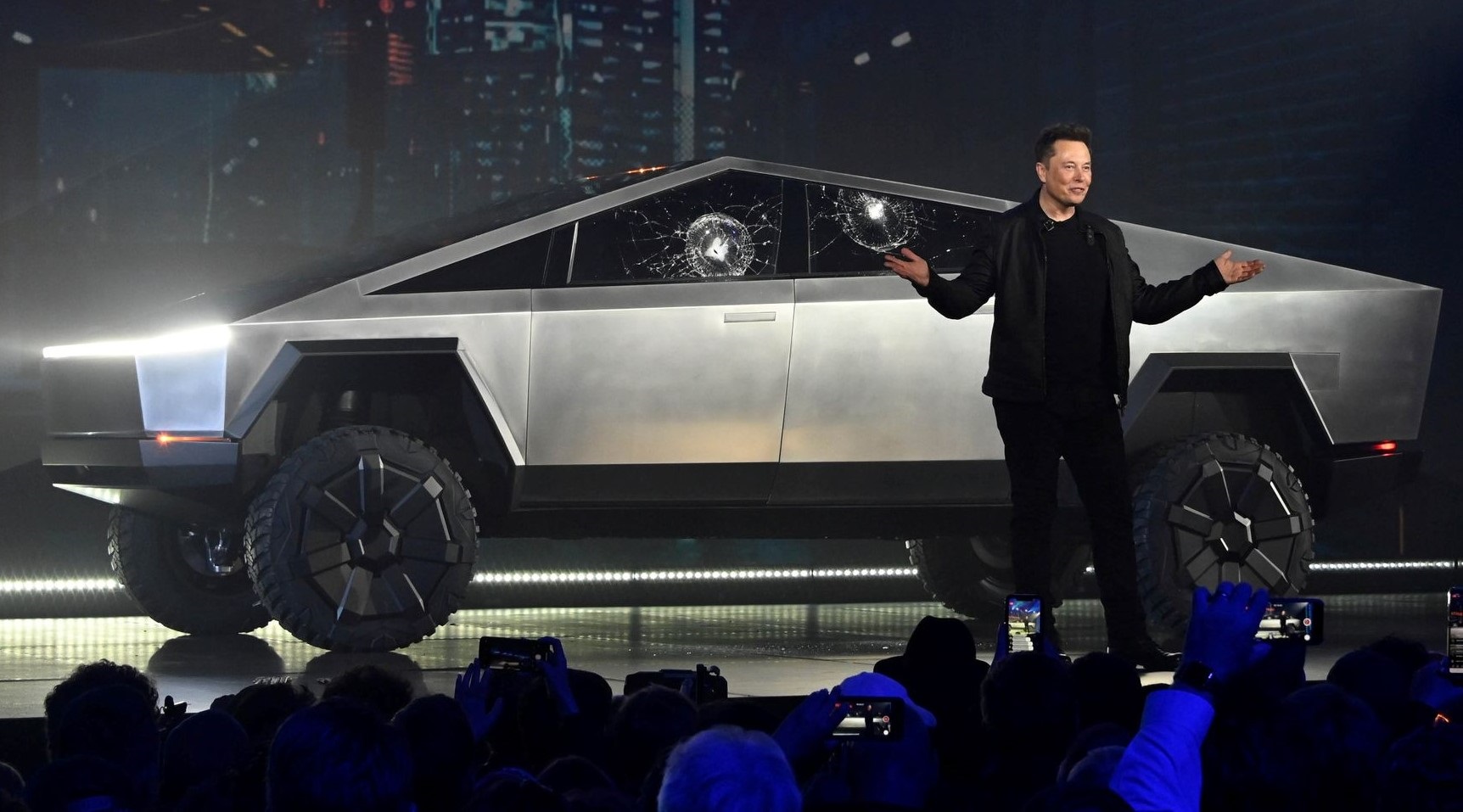The UAE Ministry of Finance has launched a new digital system to centralise and manage data on all federally owned real estate, marking another step in the country’s push to modernise public asset management and strengthen governance.
The platform, known as the Federal Government Real Estate Assets Platform, will act as a unified electronic registry for federal government properties. It is designed to document, update and classify real estate data, while linking assets directly to financial and operational systems across the federal government.
The ministry said the launch fulfils the requirements of Article 18 of Federal Decree-Law No. 35 of 2023 on Union-Owned Properties, which mandates the creation of a federal electronic registry for government real estate.
Supporting digital transformation
Younis Haji AlKhoori, Undersecretary at the Ministry of Finance, said the platform is designed to strengthen regulation, governance and oversight of federal real estate assets, while supporting the UAE government’s wider digital transformation agenda.
By automating real estate-related processes, the system aims to improve data accuracy and provide better insights for policymaking, planning and long-term asset management.
Federal entities can use the platform to register and update property data under standardised classifications, manage leasable spaces, and submit real estate-related requests through automated workflows. These include inspections, transfers, sales, demolitions and structural changes to properties.
The platform also integrates with other federal systems to ensure records remain up to date, while generating reports and performance indicators to support evidence-based decision-making.
Linking real estate and financial data
Mariam Mohamed Al Amiri said the platform was developed to unify real estate data across federal bodies and connect it directly to financial and operational procedures, helping improve planning, expenditure control and transparency.
The system records both financial and non-financial data, including property values, depreciation, operating costs, location, condition and technical specifications. It also stores digital documents such as architectural drawings, site maps and contracts.
A new four-tier classification structure, covering sites, buildings, floors and individual units, standardises how government real estate is recorded and enables faster access to information.
From paper to digital
According to the ministry, the platform replaces paper-based procedures with a fully digital framework that supports real-time tracking, automated approvals and structured lease management, including contract creation, amendments and terminations.
Officials said the move will improve the efficiency of federal real estate use, enhance governance and support long-term planning of government-owned properties as part of the UAE’s broader digital government strategy.

